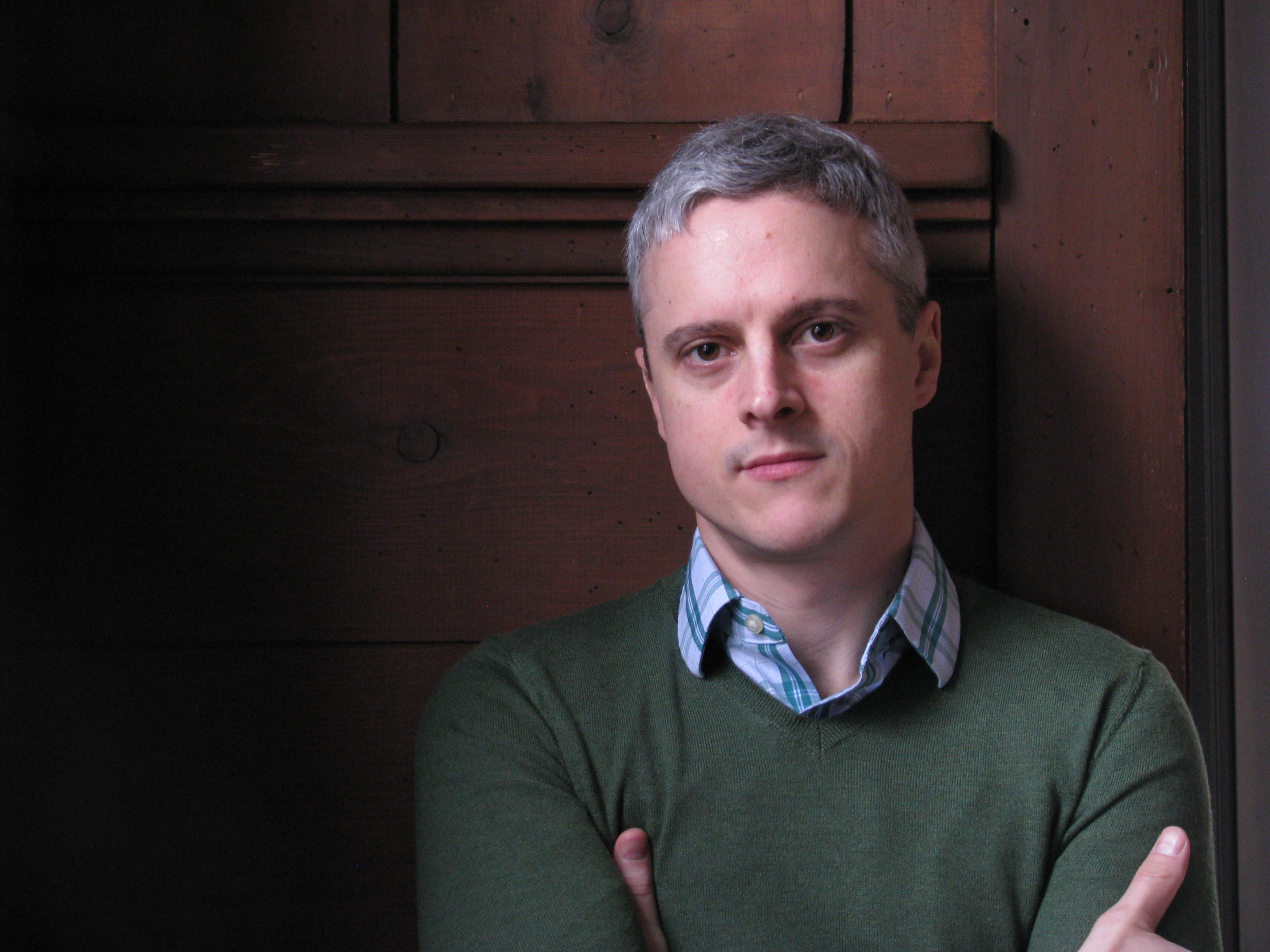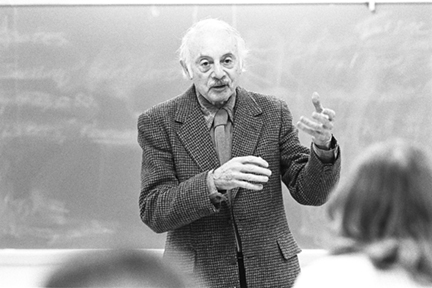Winners on Winning: Christopher Salerno
For the fourth installment of our ongoing Winners on Winning series, we spoke with poet Christopher Salerno, who was chosen by D. A. Powell as the winner of the 2013 Georgetown Review Poetry Contest for his collection ATM. He received $1,000, and his book was published in March by Georgetown Review Press. His previous collections include Minimum Heroic, which won the Mississippi Review Poetry Prize in 2010, and Whirligig, which was published by Spuyten Duyvil in 2006. He is an assistant professor of English at William Paterson University in New Jersey.
 What kind of impact has winning the Georgetown Review Poetry Prize had on your career?
What kind of impact has winning the Georgetown Review Poetry Prize had on your career?
I’m actually up for tenure this year at the university where I teach, and so clearly a prize of any kind is useful for that business. But more important, in terms of my writing, the prize has afforded me the time and perspective to clear the deck, and to be patient and thoughtful about what comes next. I realize that I don’t need to be pushing out books on any kind of set schedule. If it happens, great. Also, I’m sending myself on a modest reading tour this spring, which will allow me to connect with other writers and audiences who may not know about my work.
Has winning this award, or previous awards, changed the way you approach your work?
Absolutely. Winning this award for ATM, and winning an award for my previous book, Minimum Heroic, has given me insight into my revision process, and what it means to “finish” a manuscript. It’s also made me think about the notion of a “project” or themed book, such as ATM. Some presses responded more strongly to the cohesive nature of this manuscript, as opposed to my previous, loosely-knit collections.
Have you ever entered a contest that you didn't win?
Yes. I’ve entered more contests over the years that I can remember. But fewer and fewer as my career has moved along. To some degree I’ve used rejection to push me back into the manuscript and think more about it. I’ve also developed more awareness and respect for what certain presses do and what kind of work they publish, and so if my book doesn’t make the cut I am more inclined to wonder why. I’m rarely satisfied with my work anyway, and I find great enjoyment in pushing the manuscript around to see what other potential is there.
What advice would you offer to writers thinking of submitting to writing contests?
There are two things I’ve learned. First, you must familiarize yourself with the judge’s work and the work published by the press or publisher holding the contest. You’d be crazy to throw your $20 at a press just because you think it’s grand. How do you see your work fitting there? My advice would be to send, but only if you think it’s a good fit. Secondly, it’s wise to keep in mind that, after winning a prize, it is unlikely that the press will publish that winner’s follow-up book. Some presses are loyal to authors, and others seek the freshness of new contest books.
For more Winners on Winning, read the current issue of Poets & Writers Magazine, and check back here every Wednesday for the next six weeks for a new installment.





 Poets may submit one to three poems totaling no more than three pages with a $15 entry fee. The deadline is May 15; poets may submit using the
Poets may submit one to three poems totaling no more than three pages with a $15 entry fee. The deadline is May 15; poets may submit using the 

 What kind of impact has winning the Cave Canem Poetry Prize had on your career?
What kind of impact has winning the Cave Canem Poetry Prize had on your career?

 To apply, submit a description and sample of the work-in-progress totaling no more than 50 pages, a letter from the publisher confirming that the work is under contract, a brief letter of intent, and an optional sample of previous work totaling no more than 50 pages by May 1. All materials must be submitted electronically to
To apply, submit a description and sample of the work-in-progress totaling no more than 50 pages, a letter from the publisher confirming that the work is under contract, a brief letter of intent, and an optional sample of previous work totaling no more than 50 pages by May 1. All materials must be submitted electronically to